Dhaka, Nov 21 (V7N) – Battery-powered rickshaw pullers staged protests in various parts of the capital on Thursday morning, blocking key roads to oppose the High Court's recent order banning their operations in Dhaka. Protests erupted in Mohakhali, Agargaon, and Basila in Mohammadpur, leading to severe traffic jams and public suffering.
The rickshaw pullers began gathering on the roads around 9:30 AM and continued their demonstration despite attempts by law enforcement to clear the blockades. Commuters in the affected areas faced long delays as the protest caused gridlocks on major routes.
The protests follow a High Court order issued on Tuesday by a bench comprising Justice Fatema Najeeb and Justice Mahmudur Razi. The court mandated the cessation of battery-powered rickshaw operations in Dhaka within three days. The directive was addressed to the Home Secretary, Local Government Secretary, Inspector General of Police, Dhaka Metropolitan Police Commissioner, and officials of the two Dhaka City Corporations.
The writ petition leading to this order was filed by Zahurul Islam Masum, President of the Pedal-Powered Rickshaw Owners' Association, and General Secretary Md. Momin Ali.
Currently, an estimated 1.2 million rickshaws operate in Dhaka, with a significant number being battery-powered. These vehicles have become a contentious issue, with advocates citing their efficiency and convenience, while critics raise concerns about unregulated operations and urban congestion.
The protest reflects the deep concerns of rickshaw pullers over the potential loss of livelihoods. Many protesters argue that a sudden ban without alternative solutions will severely impact their income and families.
As of now, law enforcement agencies have attempted to negotiate with the protesters to clear the roads. However, no resolution has been reached, and tensions remain high. City authorities are expected to issue statements addressing the crisis later in the day.
The situation underscores the need for a balanced approach to urban transport regulation, considering both public convenience and the livelihoods of informal sector workers.
END/MSS/AJ



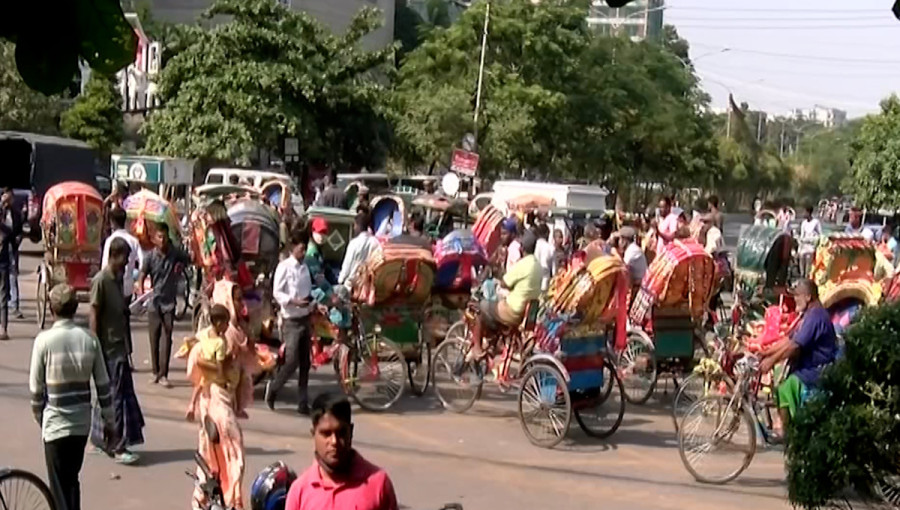


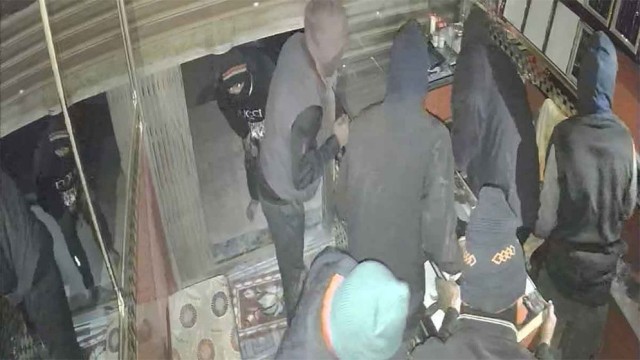
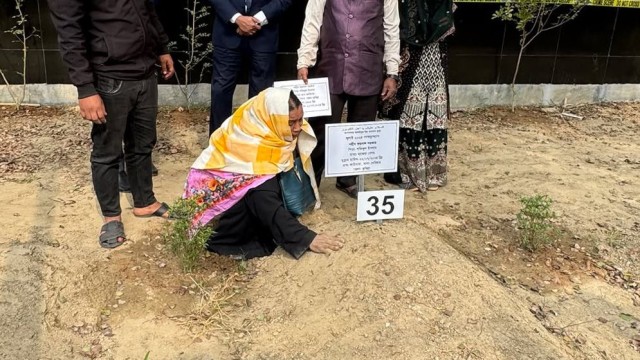


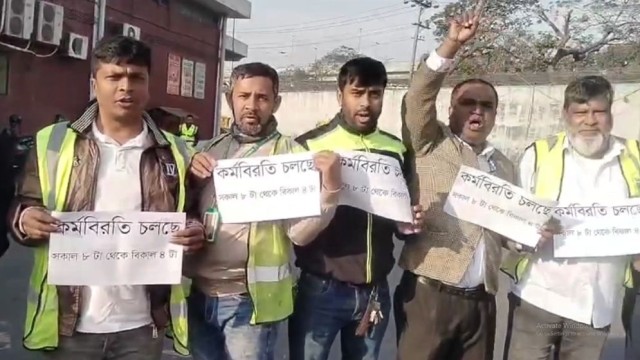

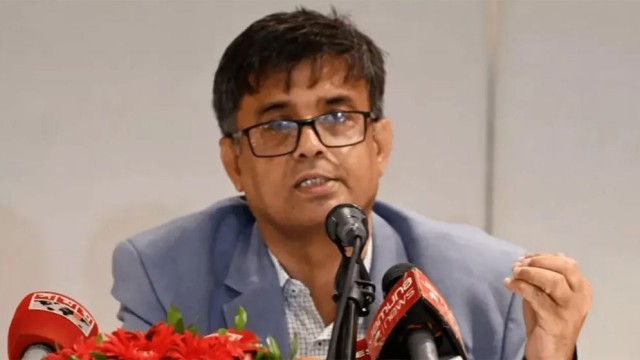


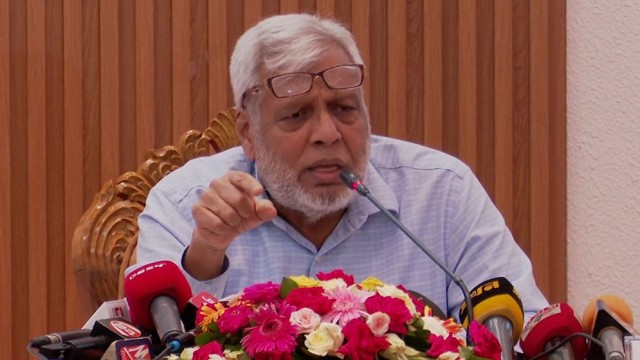
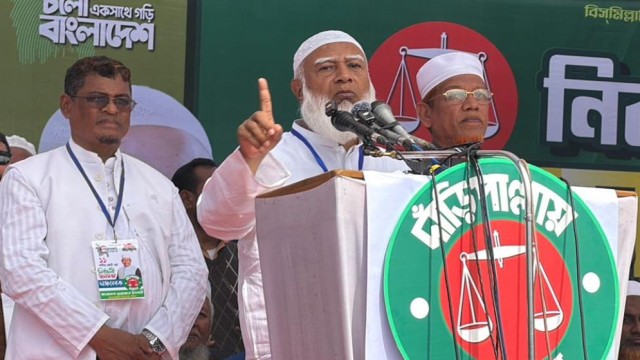






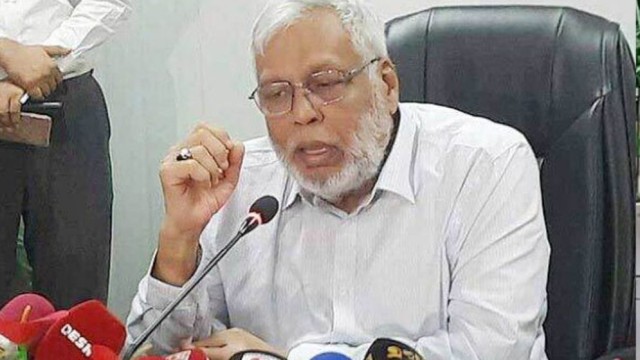



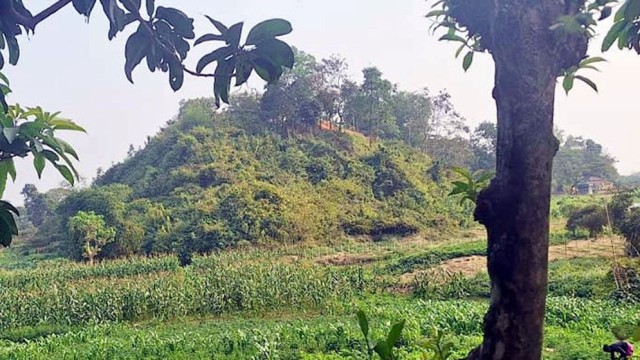



Comment: